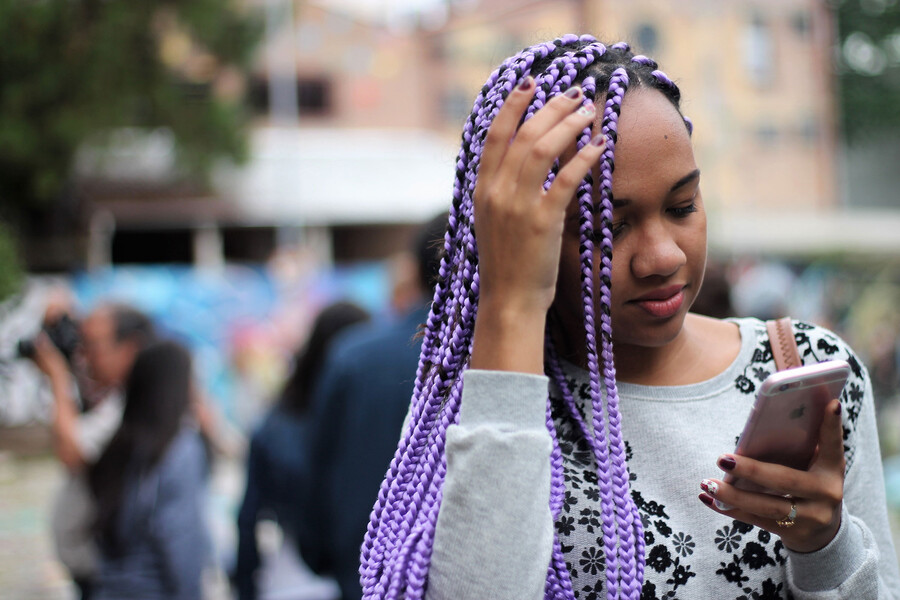
LGBTQ Muslims and the Power of Online Spaces
When Hafiza Ameerah Khan began her coming out process it was an isolating experience. Khan, a Bengali American Muslimah, told Bitch, “When I came out of the closet in 2016, I did not know of a single other queer Muslim in the world—and I really felt like I was the only one out there.” In recent years, some have pushed against the “coming out” narrative, noting that it doesn’t capture the complexity of queer life. Some critics feel that the phrase “coming out” doesn’t capture what it means to live within a cis-heteronormative society. Others also argue that “coming out” puts unnecessary pressure on LGBTQ people to expose intimate details of themselves and their lives. But at the end of the day, the decision to come out, to not do so, or to outright reject the phrase is deeply personal. Where someone falls in the discussion doesn’t erase the difficulties of navigating self-realization. And for Khan, it was important to be as clear as possible about who she is. She ended up announcing her coming out by performing spoken word at a Muslim Student Association conference.